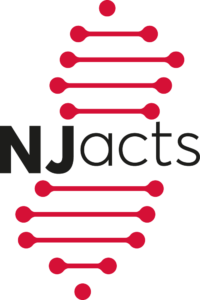 Please read Dr. Hudson’s article in Plos One titled, “Experiences of Black and Latinx health care workers in support roles during the COVID-19 pandemic: A qualitative study.“
Please read Dr. Hudson’s article in Plos One titled, “Experiences of Black and Latinx health care workers in support roles during the COVID-19 pandemic: A qualitative study.“
As of June 2021, the United States continues to have the highest number of coronavirus disease 2019 (COVID-19) cases and deaths in the world. Individuals working in healthcare settings, the frontline of the pandemic, face higher risk of infection as well as higher risk of psychological stress compared to the general population. While nurses and physicians are the most recognized frontline workers, there are a variety of other roles in healthcare including certified nurse assistants, therapists, emergency medical service personnel, dietary and food services staff, and administrative staff, among others, referred to here as health care workers (HCW). HCWs work alongside physicians and nurses but are less recognized and lower paid. This essential workforce comprises nearly 7 million people in low-paid jobs including healthcare support workers (e.g., dietary aids), direct care workers (e.g., certified nursing assistants), and healthcare service workers (e.g., hospital janitor staff). Furthermore, in the U.S., the vast majority of support HCWs are women (>80%) and they are disproportionately Black and Latinx. To read the full article.
Experiences of Black and Latinx health care workers in support roles during the COVID-19 pandemic: A qualitative study. Rivera-Núñez Z, Jimenez ME, Crabtree BF, Hill D, Pellerano MB, Devance D, Macenat M, Lima D, Gordon M, Sullivan B, Rosati RJ, Ferrante JM, Barrett ES, Blaser MJ, Panettieri RA Jr, Hudson SV. PLoS One. 2022 Jan 18;17(1):e0262606. PMID: 35041702 PMCID: PMC8765643 DOI: 1371/journal.pone.0262606
